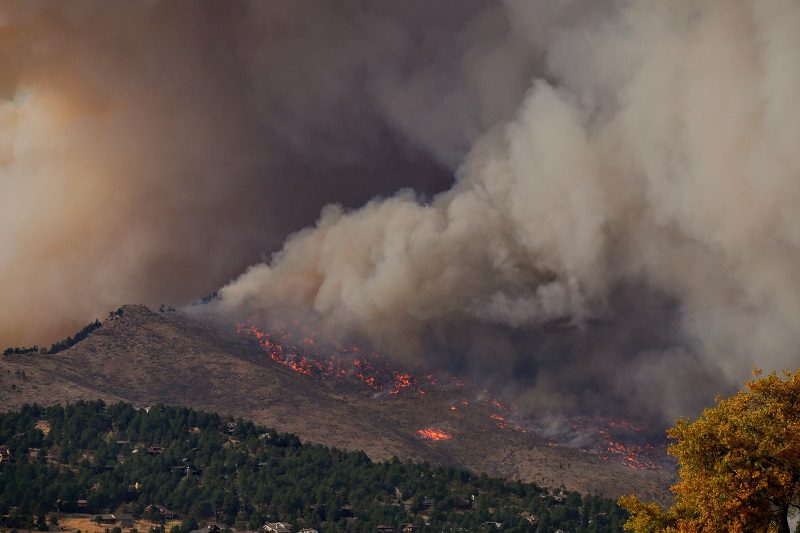According to a new study, wildfire exposure raises the risk of brain tumors, and climate change is to blame.
A thorough investigation was in development to discover how exposure to wildfires is actually linked to an elevated risk of brain tumors and lung cancer. The bad news, however, comes as flames continue to spread throughout our planet due to climate change.
Read out below all the details and learn more about the new study.
Climate Change Puts Our Lives at Risk More and More
A new study sheds light on how wildfire exposure affects us, revealing some grim details.
The researchers studied more than 2 million Canadians over two decades, some of whom were exposed to wildfires, and examined outcomes associated with cancer. The findings are concerning yet intriguing.
“Wildfires tend to happen in the same locations each year, but we know very little about the long-term health effects of these events; [study] shows that living in close proximity to wildfires may increase the risk of certain cancers,” explained Scott Weichenthal, one of the researchers of the recent study.
Weichenthal is an associate professor in the epidemiology, biostatistics, and occupational health department at Canada’s McGill University.
According to the study’s findings, compared to individuals living farther away, those who lived within 31 miles (50km) of a wildfire over the course of the preceding 10 years had a 10 % greater incidence of brain tumors and a roughly 5 % higher incidence of lung cancer.
But there’s more.
Despite the fact that some parts of the world are more prone to wildfires, devastating blazes in the vicinity of residential populations have been on the rise in recent years. Such a fact is worrying as some couldn’t seem to understand the issue.
For example, Oregon and California have experienced major wildfire surges close to people’s homes.
According to previous data, persistent wildfire smoke destroyed our planet’s ozone layer, which serves as Earth’s protection against damaging UV radiation emitted by the sun. Our risk of skin cancer might rise significantly if the ozone layer is destroyed.
Further research is required, according to the researchers, to actually ‘create long-term estimates of wildfire exposures that reflect the complex combination of environmental contaminants emitted during these occurrences.’












Leave a Reply